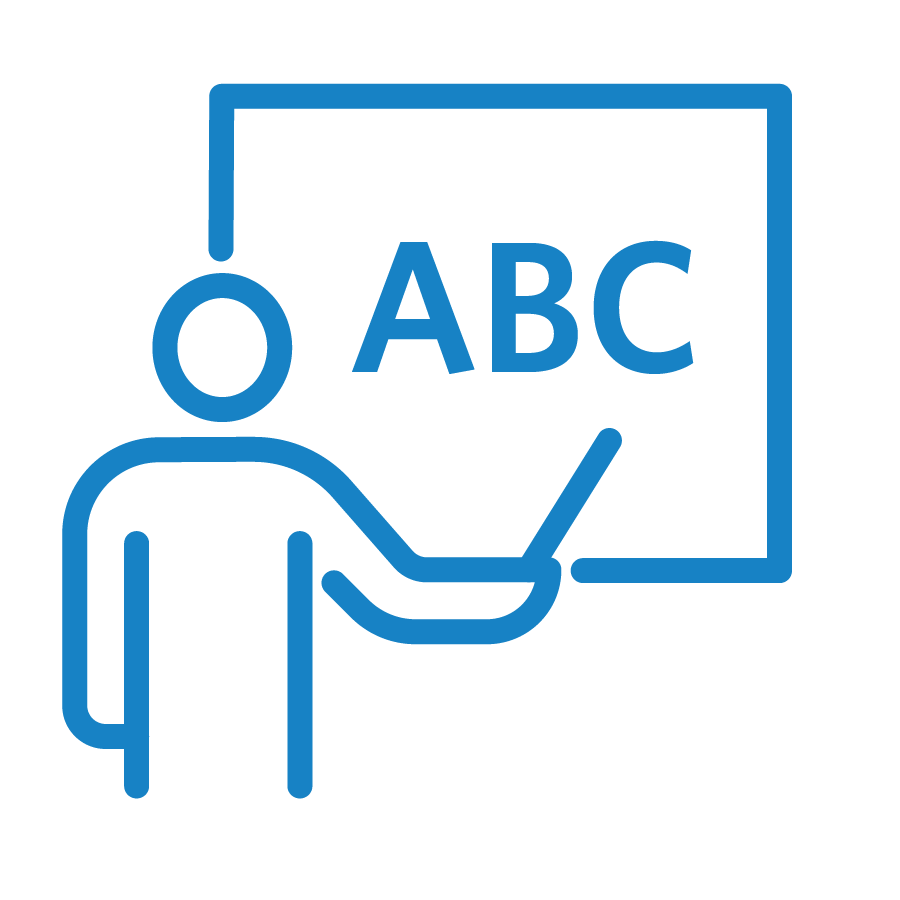Filter resources by:
Select a filter from the drop down menu to apply the filter. Page reloads upon selection

Apr 16, 2025
Fluency Interventions at the Text and Passage-Level
Passage and text-level fluency practice is an important component of fluency-targeted interventions. However, when working on fluency at the text-level, it is important that educators consider the following: First, before beginning a fluency intervention, instructors should determine whether or not a student is struggling with underlying skill deficits (e.g., weak phonemic awareness, poor word decoding
Read Strategy
Apr 16, 2025
Fluency Interventions at the Word, Phrase, and Sentence-Level
According to Jan Hasbrouck, “[f]luency is not a skill” but rather the “outcome […] of skillful reading” (Loftus & Sappington, 2024). Thus, even though we sometimes work on fluency in and of itself, it is important to complete diagnostic assessments to determine if there are underlying skill deficits that are impacting fluency and to provide
Read Strategy
Apr 16, 2025
Assessing Oral Reading Fluency
How Do We Measure Rate and Accuracy? Reading fluency is frequently assessed through oral reading fluency (ORF) tasks. In such tasks, students are asked to read a passage aloud, usually for one minute. A teacher or evaluator takes notes on errors that students make (e.g., substituting, omitting, or misreading words) and then calculates the student’s
Read Strategy
Apr 15, 2025
What is Oral Reading Fluency?
What Is Reading Fluency and Why Is It Important? Reading fluency can be defined as the “ability to read smoothly and effortlessly with appropriate rate and phrasing” (O’Connor, 2014, p. 126). It is widely accepted that the ability to read connected text fluently is an essential component of proficient reading. When a reader can instantly
Read Strategy
Apr 9, 2025
Must be logged in
Literacy Lesson Planning: A Landmark Approach | Webinar Recording
Join Landmark High School Assistant Academic Dean Chase Collins in conversation with Academic Advisor Natalia Harrison to explore how to use a single text (article or short story) to build a dynamic lesson plan that addresses all literacy domains (from phonemic awareness to writing).
View Webinar
Apr 1, 2025
Pre-Reading Strategies to Support Struggling Readers
Supporting students with limited background knowledge requires thoughtful and explicit preparation and instruction. Active reading strategies often focus on what to do during reading, while comprehension assessments typically take place after reading through teacher-generated questions or summaries. For struggling readers, these strategies remain important to help them manage and organize their understanding of what they
Read Blog
Mar 28, 2025
What is Phonemic Awareness?
Why is Phonemic Awareness Important? Extensive research indicates that phonemic awareness is “a critical foundational skill for reading” (IDA, 2022). Being able to identify and manipulate the sounds in words is an essential component of reading development; when students develop an understanding that words are made up of different sounds, they can more easily associate
Read Strategy
Mar 28, 2025
What is Decoding?
Word Recognition Word recognition is essential to proficient reading. Scarborough’s Reading Rope model asserts that to achieve skilled reading, word recognition is equally as important as language comprehension (Scarborough, 2001, p. 98). Noted literacy expert Louise Spear-Swerling describes the development of word recognition as the process of intertwining phonological and phonemic awareness and letter-sound knowledge
Read Strategy
Mar 25, 2025
How Spelling Supports Reading and Writing
Common Misconceptions about Spelling Spelling, also called encoding, involves taking a spoken word and turning it into a written word. There are several frequently occurring misconceptions about spelling, one of which is the assumption that spelling is mainly a visual skill. In fact, spelling is primarily a language-based skill as opposed to a visual one.
Read Strategy